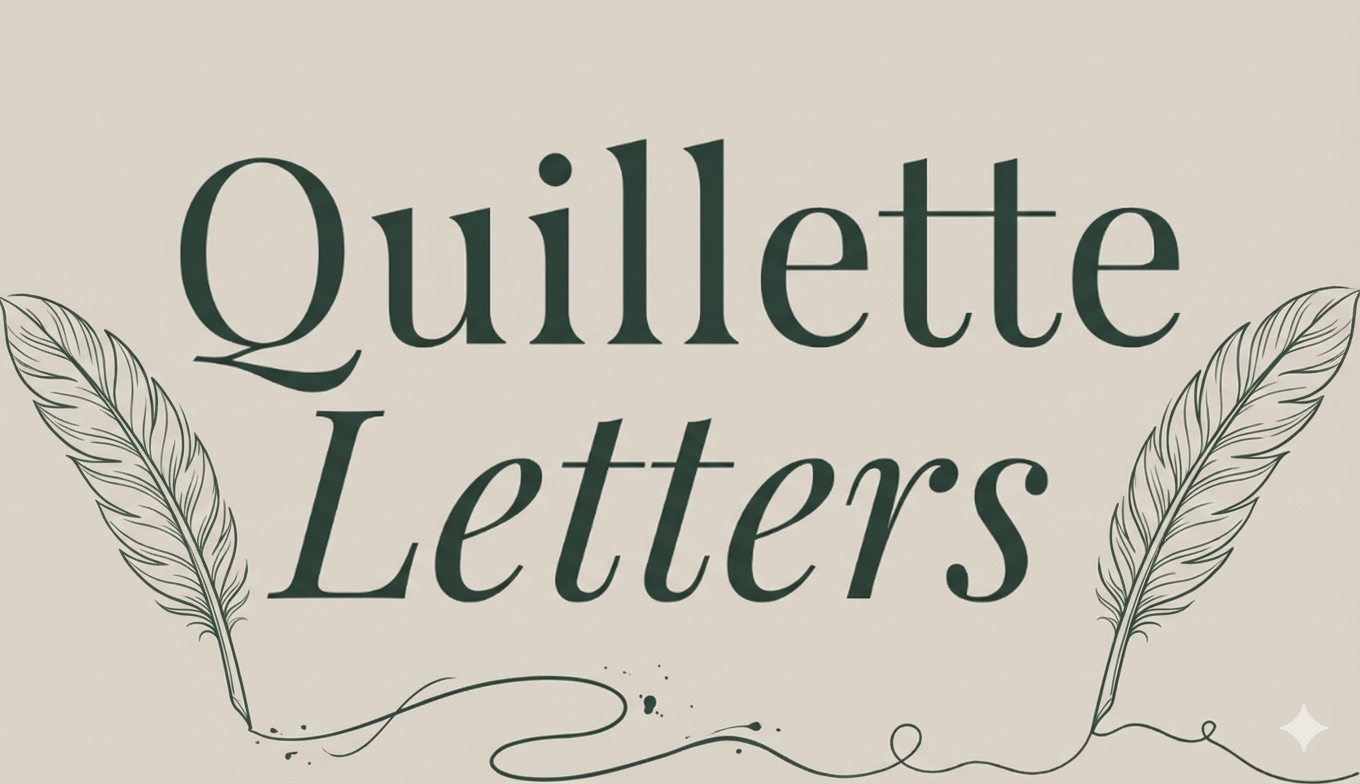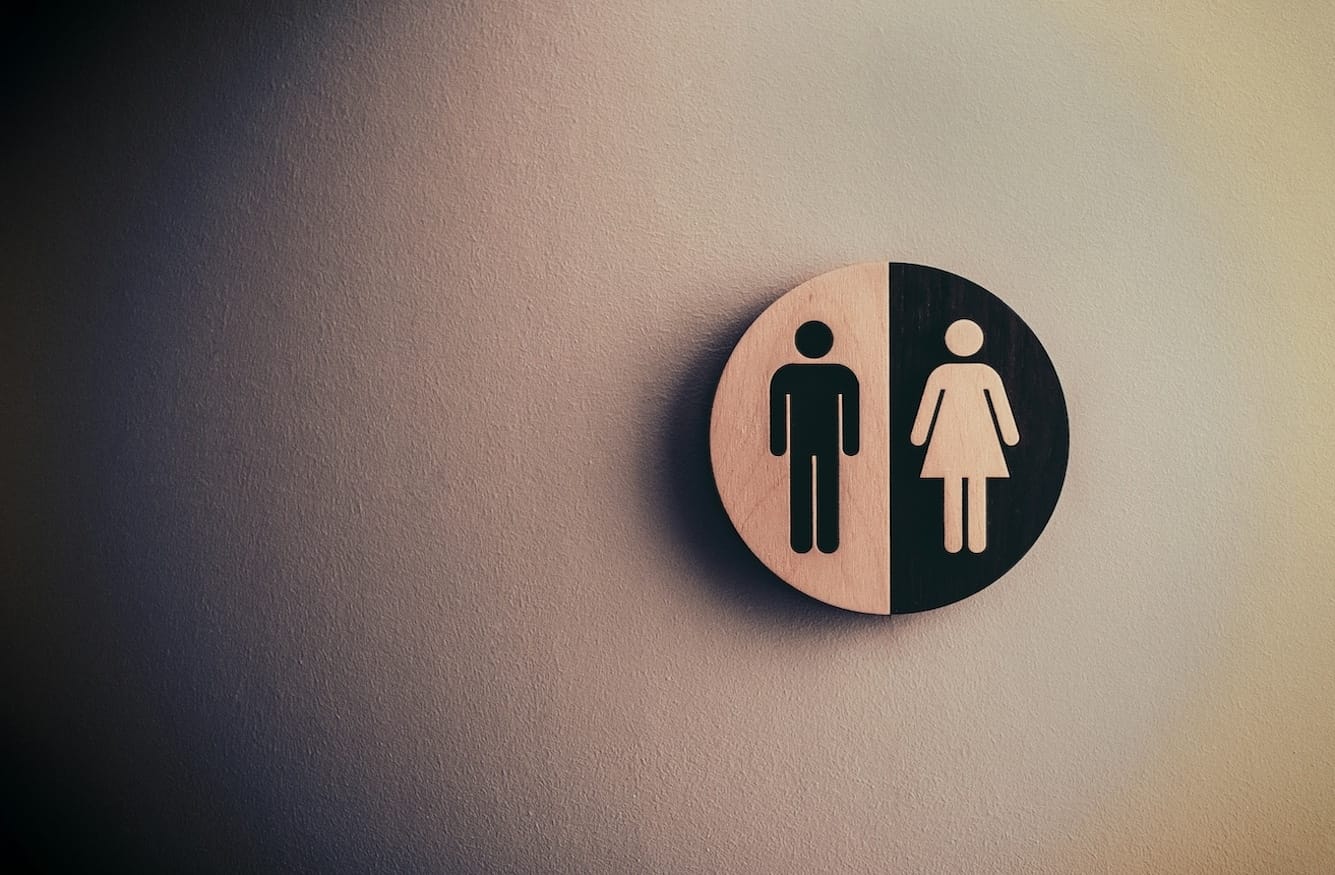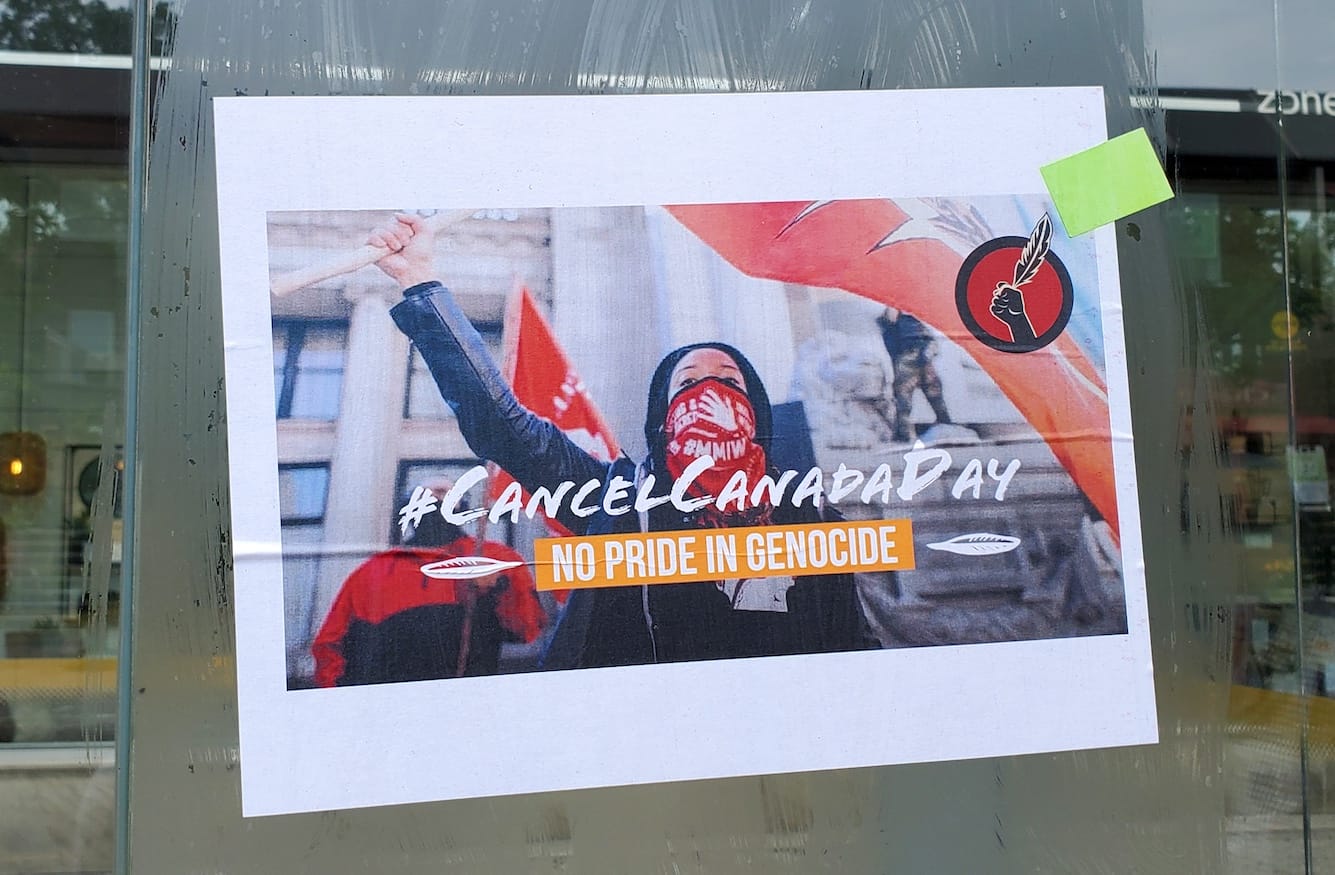Art and Culture
On Sin and Repentance
Our secular ideas about guilt and absolution distort the language and values of Christianity.
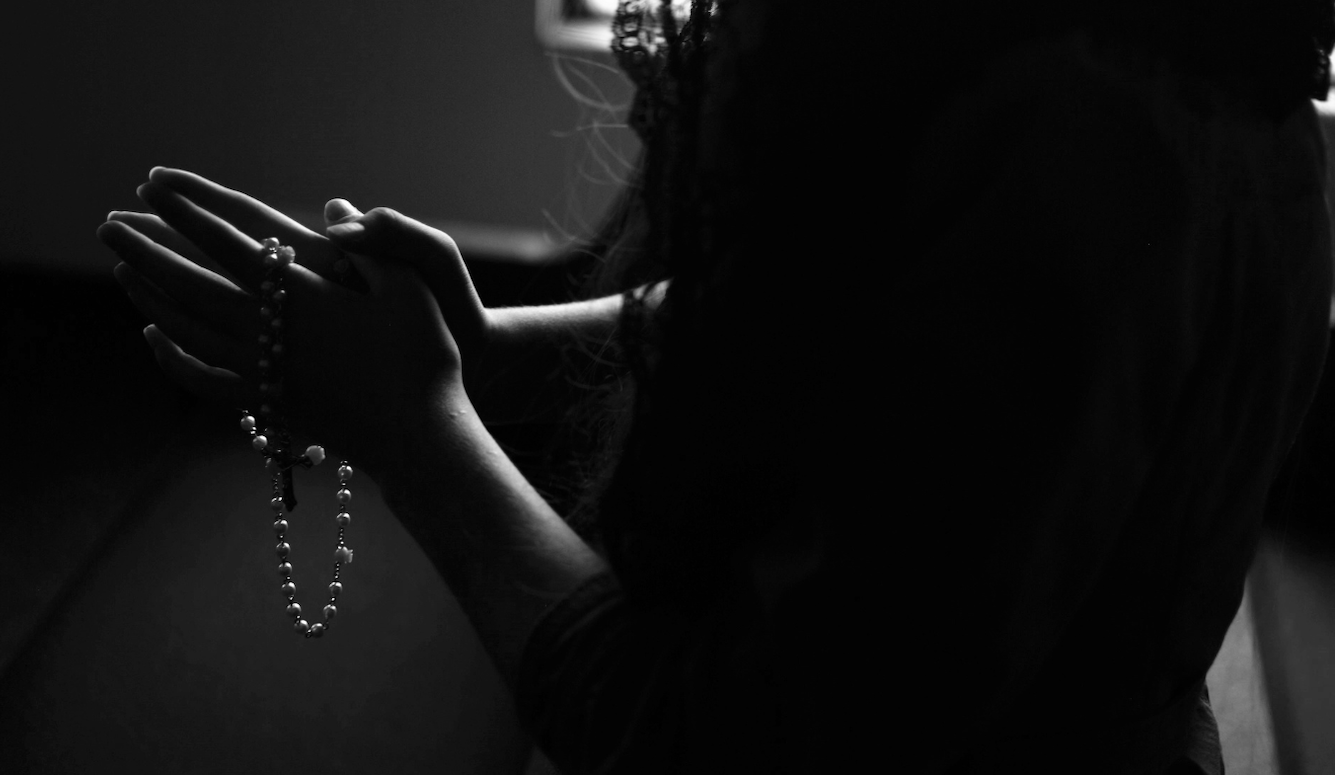
It is Lent. The time of year when a Christian is asked to contemplate her own sinfulness and mortality. We are given 40 days to do this. Take your time. No need to panic. This is a period of introspection. The prayers I recite pull away the layers of self-deceit and self-justifications that clamour within my inner voice. At this time of year, in particular, I become increasingly perplexed when I hear other people talk about who they are “on the inside.” I wonder what others find when they look within themselves. What do they see? I am baffled because I know what I find: my “true self” is typically lazy, vain, prideful, self-centered, insensitive almost to the point of cruelty, irresponsible, and arrogant. And that’s just a start. The things I do are so often done for selfish reasons. (I am writing this essay. Is it to say something true, or is it to satisfy my own desire for approval? Maybe it’s best not to answer.) When I take a close look at myself, I find I am hard to love. At times, I’m not even certain that I should be loved.
Christianity runs against the therapeutic values of contemporary culture. Rather than encourage the individual to affirm one’s inner world, Christianity asks that we acknowledge our manifold shortcomings. Rather than demand that others validate and celebrate your inner self, Christianity asks that you repent. It might seem that the Christian would feel burdened by her own unworthiness—crushed by guilt and fall into despair, which is the final form of the sin of pride. There always is a danger of this happening.
But typically, the opposite is true. I feel lightened by my private confessions. The Church’s Lenten liturgy (I am Anglican) focuses on the mercy of God and on our gratitude for that mercy. In Lent, we worship God. God who sees us as we are, and loves us anyway, more than we could ever love ourselves. The effect of focusing on my sin and asking for repentance is to feel free and joyful. I purge myself of self-deception, a sin I am happy to be free of. And besides, the Church reminds me, I am going to die one day anyway. “Remember, oh daughter, that dust thou art, and to dust thou wilt return.” What a relief. Why all the fuss and worry about self-validation and self-improvement? I cannot escape death. Knowing this unburdens me of paranoid self-regard.
The strange (I should maybe say miraculous) thing is that Christianity—in particular, knowing of and repenting for my sins—gives me a feeling of inner integrity and strength. It gives me agency, that much sought-after quality of modern life. Selfishness and moral failures confer dignity upon the individual. Being a sinner makes me see that I am not a victim. It makes me self-sovereign, gives me a real understanding that I am not a mere passenger in my life. The sinner is not a dupe of fate. Who is to blame for my moral failures of ingratitude, pride, and resentment? I am. Who is at fault for my self-deluding excuses? I am. Who hurts because of my own sinfulness? I do and so do others. Guilt is good. I have much to feel guilty for and ashamed of. Forty days doesn’t seem like nearly enough time. (Relative to my depravity, the Church is merciful even in Lent’s brevity.)
Despite statistics to the contrary, modern society is a religious culture. People who are religious have a keen sense of this, but many secular people have become aware of it too. We live in a society preoccupied by sin, though our secular faith has a different emphasis than that of Christianity’s focus on the shadowy corners of the human heart. One can hardly move through public spaces without being confronted by the sins of the nation and its past. The sins of systemic racism and settler colonialism. Of heteronormativity. Of unconscious biases. Of capitalism. Of privilege. Some of these sins are real. All of them now require some kind of public confession and secular liturgy.
In Canada, for instance, indigenous land acknowledgements have become a kind of prayer, recited by school children, sport fans, and public bureaucrats. (I am not opposed to reciting land acknowledgments, but I still want to be clear about what they are—a kind of ritual incantation in an effort to expiate sins.) There is no secular moratorium on sin and guilt, as long as it is civilization we feel guilty for, and for our complicit participation in it. I am not suggesting that our civilization has nothing to repent. But it is the remedy for our contemporary sins that might trouble the Christian. Our redemption for these sins seems to be that one feel a paradoxical sense of pride in one’s own admission of sin. We feel good about feeling bad.
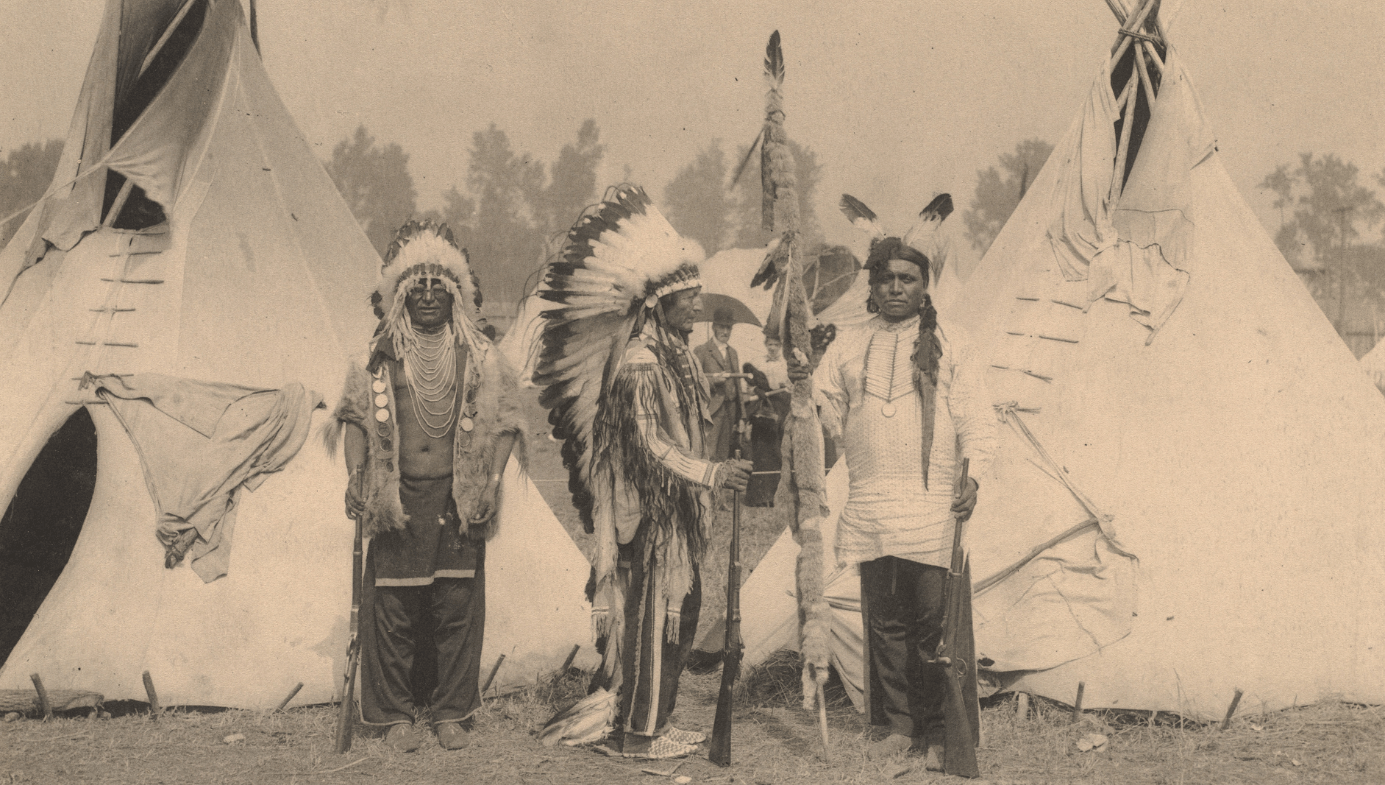
This year, two days before Ash Wednesday and the start of Lent, I attended a public university event on Christian witness in a post-Christian world. One of the panelists, Dr. Jane Barter, spoke on the failure of the Church—she herself is an ordained Anglican Priest, though now a full time academic—to offer a sufficient apology to the indigenous peoples of Canada and its role in the evils of the residential school system. In 1993, Michael Peers, then the archbishop of the Anglican Church in Canada, offered this apology to the indigenous peoples of Canada (I quote in part):
I have felt shame and humiliation as I have heard of suffering inflicted by my people, and as I think of the part our church played in that suffering. I am deeply conscious of the sacredness of the stories that you have told, and I hold in the highest honour those who have told them. I have heard with admiration the stories of people and communities who have worked at healing, and I am aware of how much healing is needed. I also know that I am in need of healing, and my own people are in need of healing, and our church is in need of healing. Without that healing, we will continue the same attitudes that have done such damage in the past. I also know that healing takes a long time, both for people and for communities. I also know that it is God who heals, and that God can begin to heal when we open ourselves, our wounds, our failures and our shame to God. I want to take one step along that path here and now. I acknowledge and I confess before God and you, our failures in the residential schools. We failed you. We failed ourselves. We failed God.
The problem with this speech, says Barter, is that puts the focus on the sinner rather than the sinned-against. Peers’s error was to acknowledge that his own sinfulness wounds him and wounds the church he serves. His emphasis was on the Church’s need for forgiveness, and his own. The problem is not that he didn’t feel guilt. It is that he seemed to believe that that sin has wounded others and himself and the church that he serves. He acknowledged that sin hurts the sinner, and that the pain has an end in God’s forgiveness. How dare he.
In our secular faith, we are encouraged to discover our own hidden sins; in order to be a good person we must find them. We must feel the appropriate guilt for our culture, our privilege, our history, so that we may publicly confess it. Guilt and confession complete the circle of moral absolution, but it is a continuous cycle that requires constant self-discovery and self-flagellation. In effect, this creates an exclusionary secular faith for the privileged class. Any combination of white, male, middle-class, educated, and heteronormative grants you access to the secular church body.

We pray both to and against the institutions that have caused us to feel this guilt, and both to and against those who suffer at the hands of our culture’s institutions. Our civilization’s institutions have created systemic injustices, but we look to these institutions—schools, universities, public services, and corporate culture—to grant us absolution through our guilt and confession. We give these institutions power. They must have power in order for our guilt to be sustained. At the same time, they are the places where we make these confessions, so they must have the power to hear them. We give moral authority to the institutions that both cause and vindicate our sins. What could possibly go wrong?
In Barter’s formulation, the former Canadian bishop’s sin was his failure to adequately apologize for the pain caused by the church’s sin. The sins of the past are terrible and vast, and the Christian churches are responsible for many of them. There is not time to apologize for them all. But in Barter’s view, the apology was inadequate because Peers viewed sin as, in part, self-wounding, and consequently that a part of the work of redemption means that the sinner be healed, too. But this is to apply to Christianity the standards of a secular religion that increasingly seems to influence the language and values of Christianity. It demands the persistence of guilt. From a therapeutic perspective, healing for the sinned-against comes from being heard, from receiving a sincere apology, from feeling that one’s pain is acknowledged and understood. All good things, no doubt.
But Christianity is not a therapeutic religion. Christianity does not exist to make us feel more positive about ourselves, more affirmed. If all Christianity has to offer is therapy, you would be better off looking elsewhere. Go to a therapist. Take up yoga. Practice mindfulness. I am being serious.
The Church asks us to say this:
ALMIGHTY and most merciful Father; We have erred, and strayed from thy ways like lost sheep. We have followed too much the devices and desires of our own hearts. We have offended against thy holy laws. We have left undone those things which we ought to have done; And we have done those things which we ought not to have done; And there is no health in us. But thou, O Lord, have mercy upon us, miserable offenders. Spare thou those, O God, who confess their faults.
You are a sinner. Repent. It is okay. You are already forgiven. “My grace is sufficient for you.”
Nowhere in the Christian liturgy do I read that we are to take responsibility for someone else’s pain or suffering. I’ve looked. The Lord’s Prayer does not say “forgive us our sins, and let us feel the pain our sins have caused others, and through that pain help us to understand our guilt even more.” This would be a perversion of repentance, so that our sin itself might become a sort of pride—pride in our own capacity to stand in for another, to take their suffering upon us, to offer a solution to their pain through our own repentance. It would be to keep the sinned-against perpetually dependent on the sinner for a more perfect apology, a more perfect empathy. It would ultimately treat the sinned-against as not fully capable of forgiveness.
As most of us know, the Lord’s prayer in fact says, “Forgive us our sins, as we forgive those who sin against us.” There is no less self-scrutiny, guilt, and shame in the Christian religion than in the secular one. But Christianity is universal. Once you know that you are a sinner, it somehow matters a little less that you are sinned against. The Christian knows that she is no better than those who sin against her. She knows that she is much worse. To know this is the path of individual freedom. It is the way of not making excuses for oneself, and also of not taking a diminished view of one’s own capacity for forgiveness. This is not to blame the victim. It is to treat her with the dignity and equality of a sinner who can herself repent and forgive.
The point of repentance is not simply to become aware of one’s own sin and to stop sinning. That is just where things begin. The point of repentance is to fill one’s heart with joy because forgiveness has already been accomplished by Christ’s self-sacrifice. The 17th-century poet George Herbert, who was also an Anglican priest, described it thus: “Love is that liquor sweet and most divine,/Which my God feels as blood; but I, as wine.”




